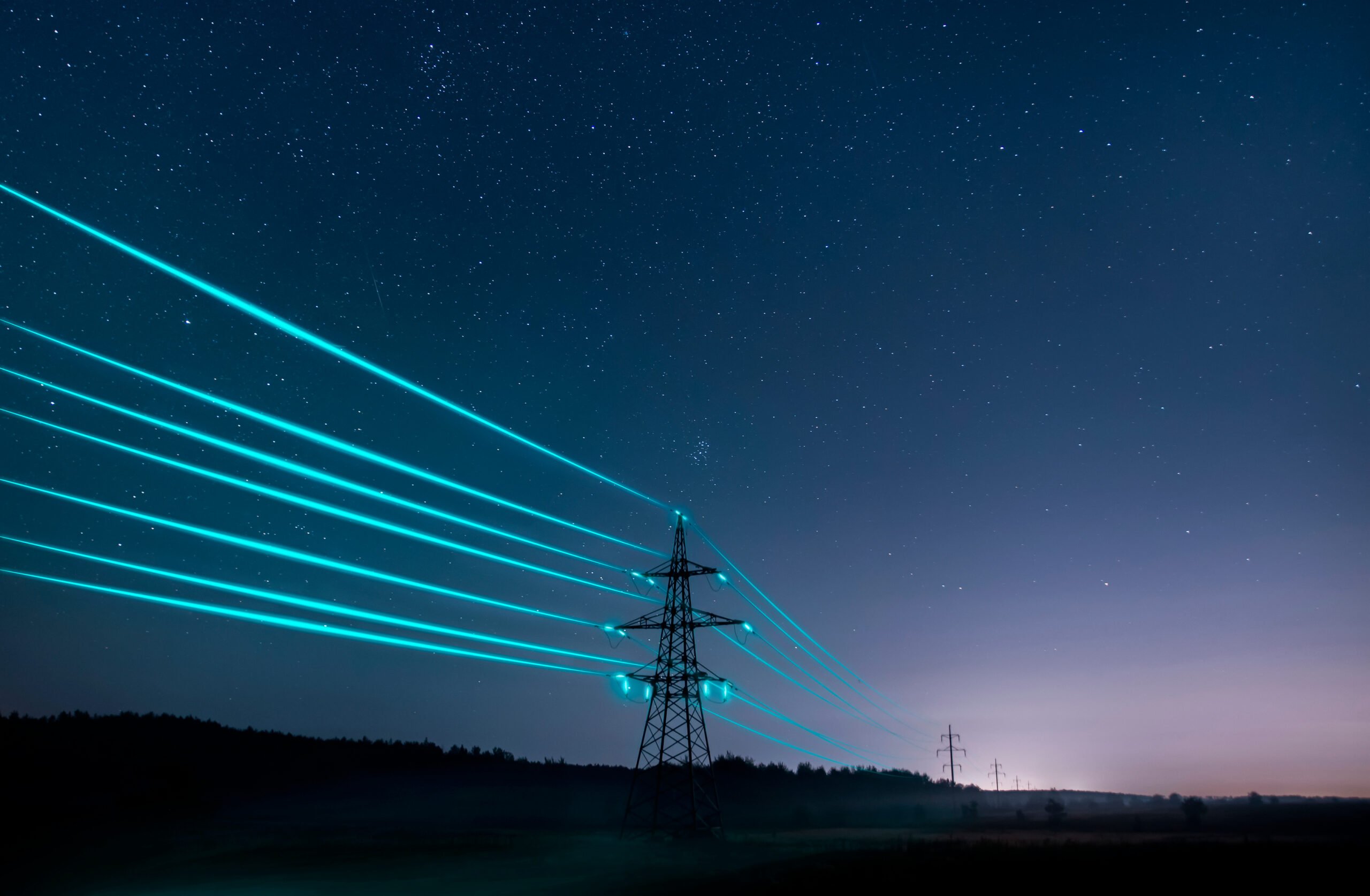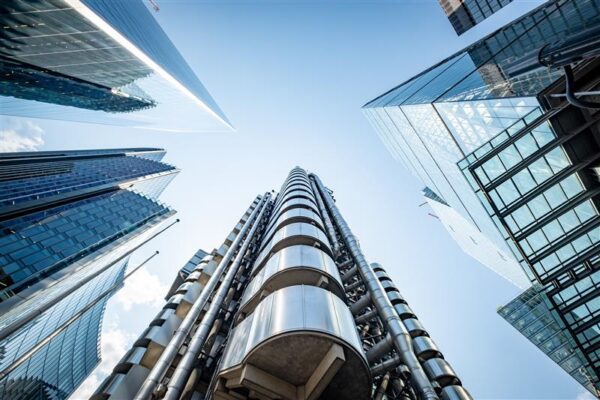
COP26 took place in Glasgow this year, where discussions about the future of climate change resulted in many new announcements being made. One day during the two-week event, focused on energy, a main focus for COP26 and the world.
Our experts, were on hand to answer popular questions around energy on our Live Twitter Q&A and what businesses can do to reduce emissions and meet the 2050 net zero target.
If you missed it, read on for the questions and answers that were asked on the day.
Auditing
1. How frequently should you carry out an energy audit?
Ideally you should be conducting an energy audit at least once per year or after any major change. Ensure that you take in consideration coverage of seasonal variations, summer vs winter use for example, as well as day vs night use.
2. If we have been incorrectly charged for energy, how far back can we go to recover the overcharges?
Under the Statute of Limitations, you can go back the current year and up to six years previous to obtain any refunds for being overcharged on your energy bill.
Energy monitoring
1. What is the best way to know if you are using too much energy?
Having a benchmark of your energy consumption will act as a benchmark or energy intensity can often help when comparing similar buildings or activities against each other as well as against other ‘typical’ consumptions.
2. How frequently should we be measuring energy?
At a minimum, you should be using data from monthly or quarterly invoices but ideally using half-hour (HH) data from smart meters, AMR (Automatic Meter Readings) or HH meters will provide you with better insight to your energy usage.
Energy saving
1. What is the best energy saving measures?
The best energy saving measures are the ones that don’t cost anything to implement. These are often people measures such as energy awareness or simply eliminating waste, for example by implementing a switch off campaign throughout your business.
2. What is the best energy saving technologies?
This depends on where you are using your energy. LED lighting is often a good start as they are cheap to purchase and install and can give you substantial savings
Generation
1. Why should I consider generating my own energy?
Generating your own energy comes with a lot of benefits. Namely making your energy costs cheaper and improving security of supply as well as adding to your business’ green credentials.
2. What is the greenest form of energy generation?
Whilst solar, wind and hydro are commonly seen as the greenest forms of energy to use, but it is still greener to not use the energy in the first place.
Procurement
1. When is the best time to buy energy?
The best time to buy energy depends entirely on the market. However, there can sometimes be good opportunities to purchase energy in late January to mid-February if there has been a mild winter. If your contract is due for renewal, here’s some tips on renewing your contract.
2. What is the best strategy for buying energy – fixed or flexible?
It will depend on the goals you have set to achieve budget certainty. Our best advice is to be in the market as early as possible, for as long as possible. If your contract is due for renewal, read our contract renewal advice here.
Carbon
1. How are energy and carbon related?
Energy consumption is usually measure in kWhs (kilo Watt hours) and is converted into CO2e (tonnes of carbon dioxide equivalent) using GHG (Green House Gas) protocol emission factors. For example, 1 tonne of CO2e = 4,710 kWhs of electricity.
2. What part does energy play in net-zero?
The goal of reaching net-zero is to minimise emissions as much as possible but preferably reach zero emissions by 2050. The remaining impact can be negated by an equivalent and opposite activity known as carbon offsetting. Read more on carbon offsetting here.
If you joined us live on Energy Day, we hope you found it valuable. To see what your business’ next steps are to reducing your emissions, visit our net zero tool.
If you’d like to get in touch with our experts to see how they can help you decarbonise your energy, email us on [email protected] or give us a call on 01772 689 250.










